Certainly, when managing business, we take into account the impact of paid staff leave from both a financial and productivity point of view. We know the cost to the bottom line, how to manage the workload as our workers take their owed annual leave, how to pick up the slack quickly if someone is unexpectedly off sick, and we have the tools in place to properly track and monitor leave days. But have you thought about the impact of presenteeism? And, more, how to best manage it when it starts to happen?
While researching this blog, we actually found a lot of evidence (data mainly from USA) to suggest that presenteeism can have a larger impact on the operational and financial health of a business in comparison to sick leave – which is largely already taken in consideration by most businesses. Ok, so what are these two?
Absenteeism is when your workers are not actually in the workplace due to illness, planned leave, family emergencies, or other unplanned events like jury duty. It can become an issue to a business when the number of absent days exceeds what a business has allowed for as reasonable.
Presenteeism is when your workers still come to the workplace – only they are not actually working but are rather there in ‘presence’ only. In this case, workers could be ill, lacking motivation, overworked, etc.
So, what can you do about presenteeism to avoid this huge and, well, unaccounted for, impact to your business? Here are a few of suggestions – and no surprise – they are all related to ensuring you support the maintenance of a safe, happy and healthy workplace!
- Encourage your workers to maintain their health!
Suggest flu shots in winter, promote good hand hygiene (put some posters up in those bathrooms), send your workers home when they are showing signs of cold or flu, get a fruit box and support healthy eating, etc. Essentially, the healthier your staff, the better for everyone!
- Check in with your workers about their workload often.
Don’t expect your staff to always come forward when they are overworked and stressed. Also, don’t expect them to come forward if they feel underworked or believe they have more capacity. Try to actively start that conversation and encourage your managers and team leads to do the same. Motivate your workers. Help them to understand what the right balance is. After all, it is useless to overload a worker when this will actually have the opposite effect, demotivating them to do anything at all.
- Look out for the signs of poor mental or physical health.
This is tricky, but presenteeism can be common for people with health issues that are not overly visible to an employer, such as depression, anxiety or chronic pain issues and disease. So, this is about maintaining good and open communication with your workers, and trying to determine a way that will better support your staff if these kinds of health issues are present. Things like allowing your workers to work from home might assist or guiding them towards getting proper help.
So, there are just a few ideas from us. But really, the best way to manage presenteeism, and absenteeism for that matter, is good communication with your workers and maintaining a happy, healthy and safe workplace for all.












